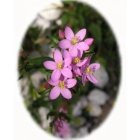 | ||
Perfect for pollinators Common Centaury -centaurium erythraea– is a very pretty and under-used wildflower. It is closely related to the gentians, making it perfect for including in rock gardens. In the wild, it grows in different types of dry grassland and can be found in open woods, heathland and sometimes on bare open ground. Common Centaury is a low growing species with rich pink flowers, each with a soft yellow centre. Flowers appear from June to September and play host to a wide range of insect life such as bees, and beetles. Common Centaury looks best alongside other low growing wild flowers such as Wild Pansy, Meadow Saxifrage and Sheep’s bit scabious. Alternative Names for Common Centaury include , Feverwort , Bitter herb, Century, Lesser centaury, and Bitterwort How to grow Common Centaury Seeds Common Centaury seeds should be sown in spring, either outside, where they are to flower, or in seed trays and covered very lightly with soil or compost. Common Centaury seeds are usually easy to germinate and the seedlings, can be pricked out and grown on, for planting out later in the year. RHS Perfect for Pollinators. The RHS Perfect for Pollinators mark is only given to plants that support pollinating insects in gardens. Bees, butterflies, moths, hoverflies and many others visit flowers to feed on nectar and pollen; while doing so they transfer pollen and increase seed set and fruit development. Find out more at: rhs.org.uk/plants To discover more plants for Bees, simply enter the word "pollinators" into the search box above. To Buy Common Centaury seeds To purchase Common Centaury seeds please select a quantity above and click add to cart. To ensure the best chance of success, we sell all of our wildflower seeds by weight, which ensures each wildflower seed packet contains a good quantity of seeds. Common Centaury seeds are minute and almost dust like. The number of seeds per packet is approx. 8000. All of our Wildflower seed packets contain seeds of Native British provenance. Summary type - biennial/annual, colour - Pink, height - 25 to 50cms, flowering months April, May, June, July, August, September, habitat - Dry Grassland (clay, loam), Bare, Open Ground (eg Arable field margins, disturbed, waste ground) | ||
Printed 18/12/2024 06:38:52
st139_1 type biennial annual colour pink height 25 to 50cms flowers april may june july august september habitat dry grassland clay loam bare open ground eg arable field margins disturbed waste ground rhs perfect for pollinators pollinating insects bees butterflies moths hoverflies
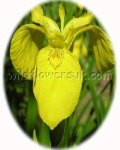
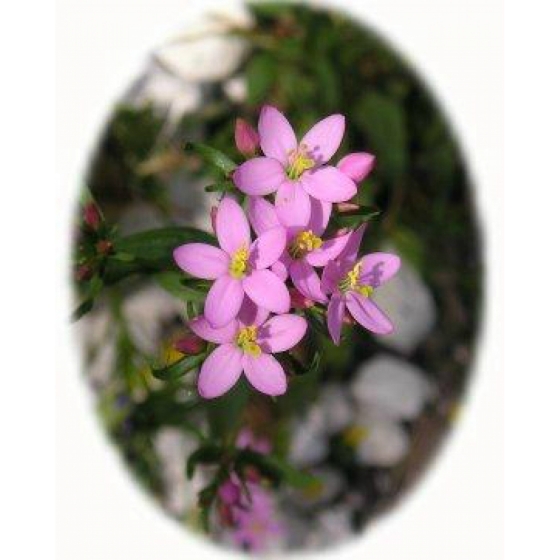
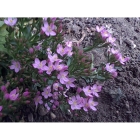
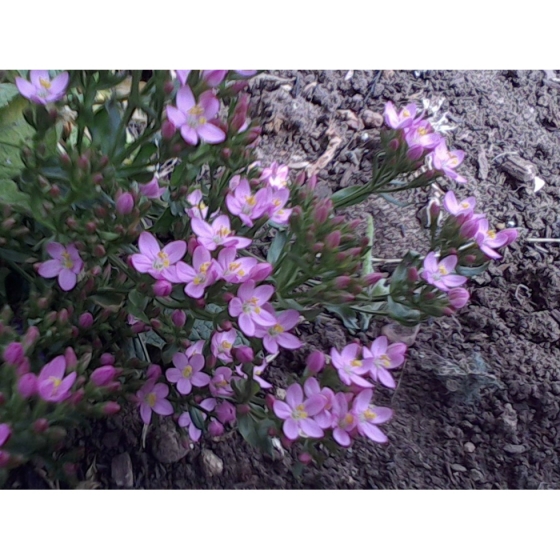
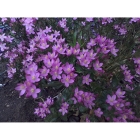
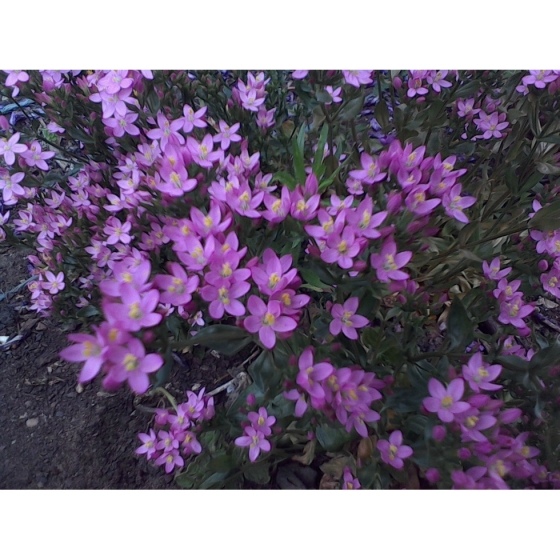



 added to basket
added to basket